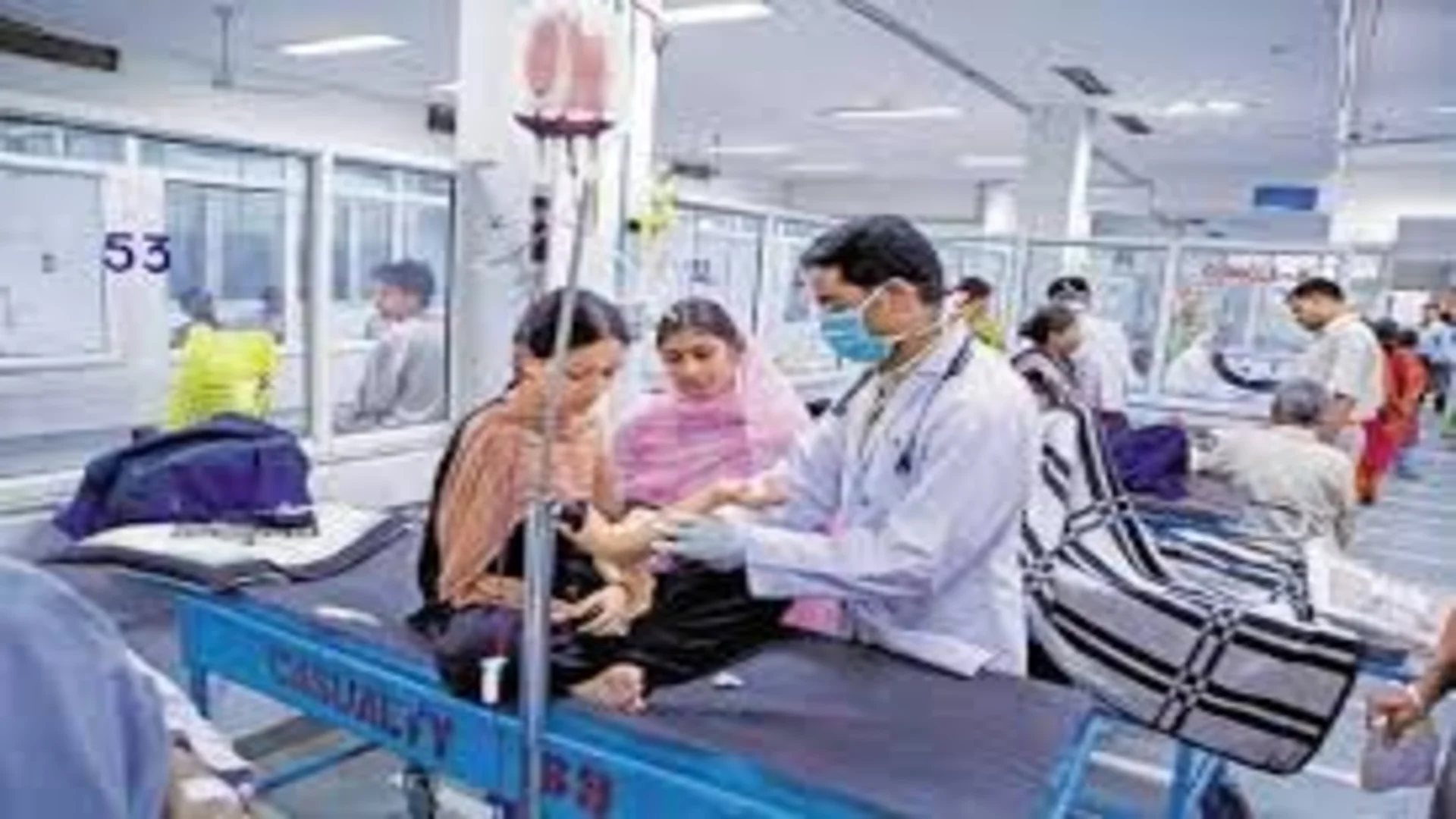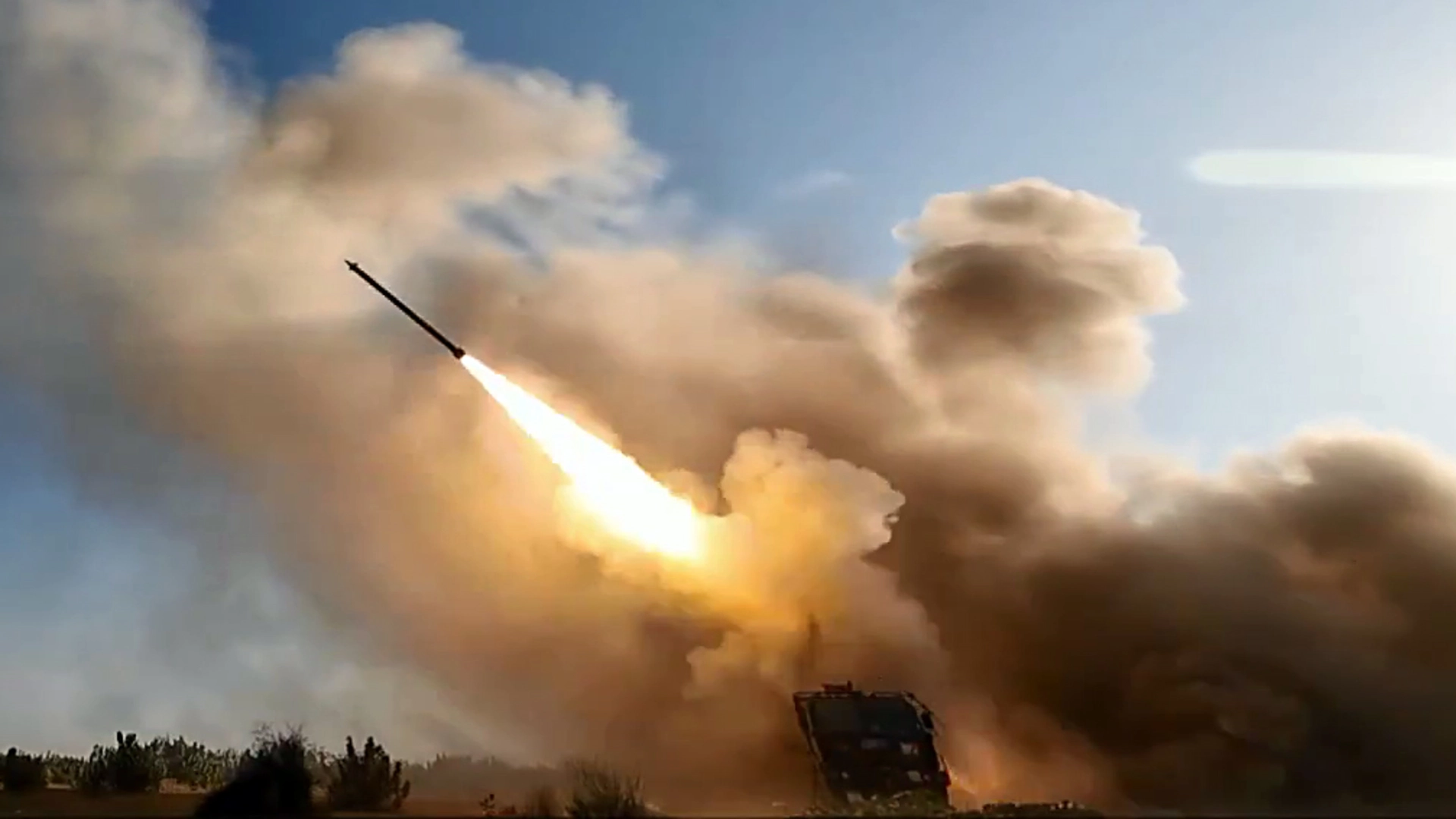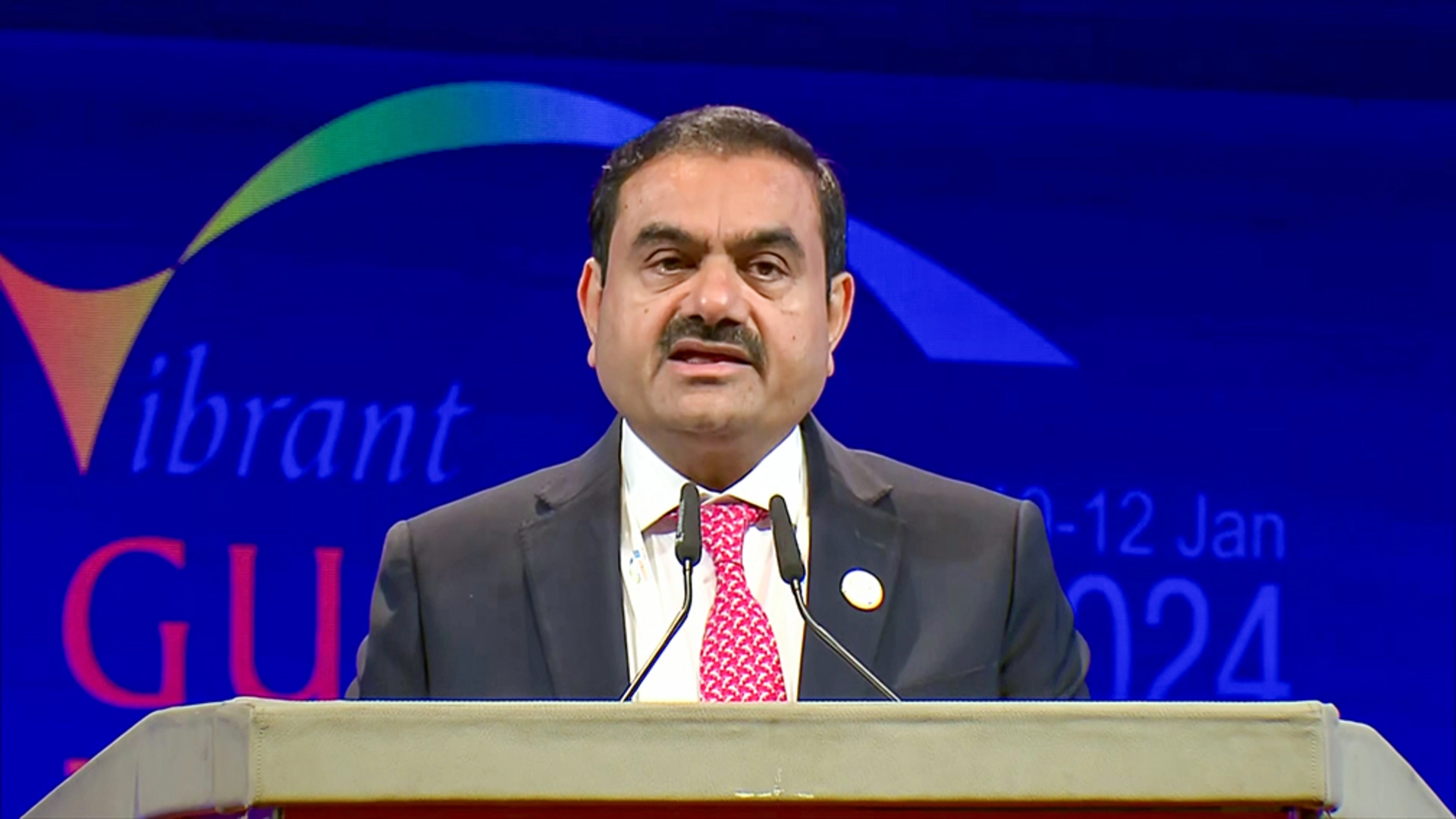
Iran is set to hold discussions on its contentious nuclear program with three European nations in Geneva on November 29, according to a report by Japan’s Kyodo News. The announcement follows a critical resolution adopted by the UN atomic watchdog aimed at pressuring Tehran back to the negotiating table.
The resolution, backed by Britain, France, Germany, and the United States, garnered support from 19 nations, while China, Russia, and Burkina Faso opposed it, and 12 countries abstained.
In retaliation, Iran has activated numerous advanced centrifuges to enrich uranium, according to Iranian officials. The administration of Iranian President Masoud Pezeshkian is reportedly aiming to resolve the nuclear impasse before US President-elect Donald Trump’s January inauguration, Kyodo reported.
A senior Iranian official confirmed Tehran’s readiness for diplomacy, emphasizing that Iran has consistently supported dialogue to address its nuclear program. “Iran has never abandoned the talks,” the official said.
As of October 2024, the International Atomic Energy Agency (IAEA) reported that Iran holds 182.3 kilograms of uranium enriched to 60% purity, a level close to the 90% required for weapons-grade material. The IAEA has cautioned that Iran possesses sufficient enriched uranium to potentially produce multiple nuclear weapons if it chooses to do so.
The current stalemate dates back to 2018, when the Trump administration unilaterally withdrew from the 2015 nuclear deal, which had placed restrictions on Iran’s nuclear activities in exchange for sanctions relief. Following the withdrawal, the US reinstated sanctions on Iran, leading Tehran to increase uranium enrichment levels and deploy advanced centrifuges.
Efforts by President Joe Biden’s administration to restore the agreement through indirect talks have stalled. During his recent campaign, Trump indicated a willingness to re-engage in negotiations, stating, “We have to make a deal, because the consequences are impossible.”
The upcoming Geneva talks may serve as a critical opportunity to address the ongoing nuclear crisis and explore diplomatic solutions.














